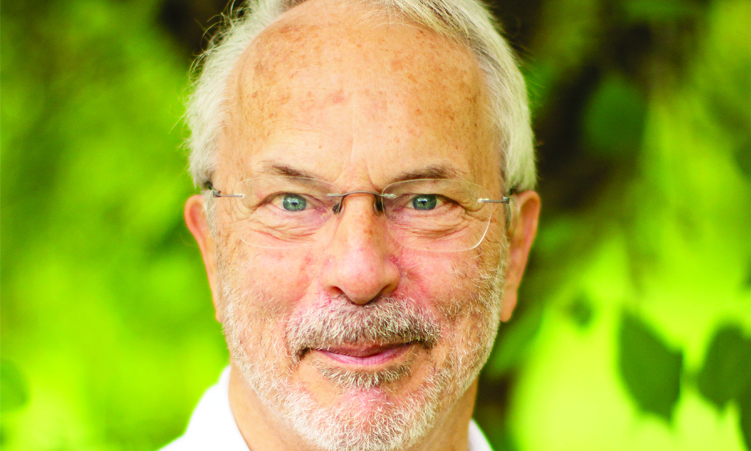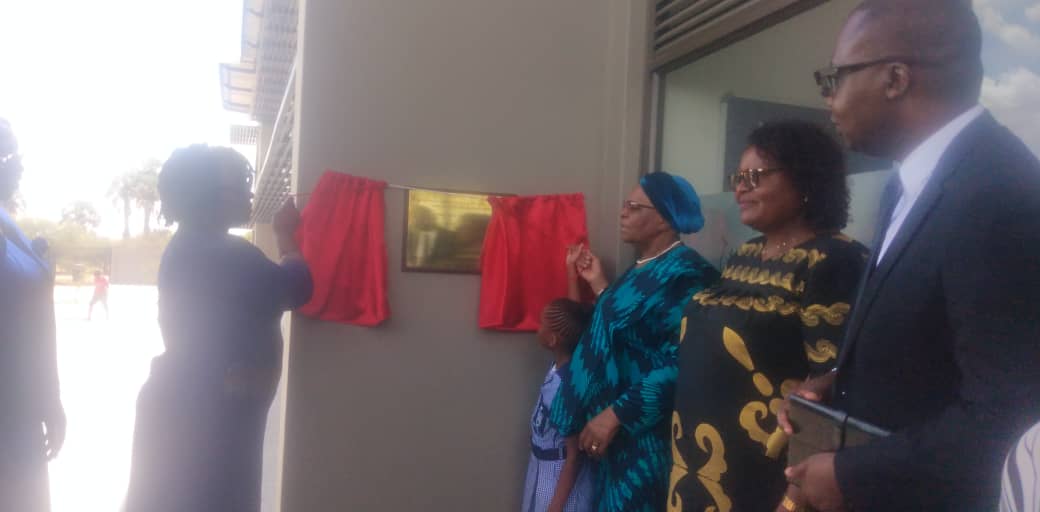Political scientist Henning Melber says Windhoek’s fall to the opposition may be attributed in part to middle-class residents having grown tired of Swapo’s empty promises.
Melber observes in an article in the ‘Journal of Contemporary African Studies’ that the young middle class is becoming increasingly dissatisfied with a lack of affordable housing and limited access to urban land.
He says the failures in addressing housing and land have triggered not only frustration, but also politically motivated protests on different levels.
“Urban development was unable to accommodate the needs and desires of the growing younger middle-class-oriented generation desperate to get access to decent housing they felt was in line with their aspired lifestyle,” Melber says.
He says the emergence of political formations, including the Independent Patriots for Change (IPC), the Affirmative Repositioning (AR) movement, and the Landless People’s Movement (LPM) provides an alternative.
Swapo lost control of Windhoek in the 2020 local authority elections for the first time since independence.
Melber says the IPC, LPM, and AR garnered sufficient votes to replace Swapo-dominated councils.
The ruling party’s dominance in the Windhoek council has been reduced to five seats out of 15.
“As documented in election results in Windhoek and other municipalities, middle-class urbanites seem to be among those at the forefront of political agencies mobilising for alternatives,” he says.
Melber believes the urban middle class is turning its back on Swapo’s “liberation gospel”.
This, he says, is because the former liberation movement has failed to deliver on its promises.
“The civil liberties adopted in the constitutional framework and to a large extent so far respected and recognised in the 31 years of [local authority] democracy have turned into a tool practised by the growing numbers of voters turning their back on the organisation claiming to have liberated them,” he says.
Melber, however, maintains that “whether and to what extent urbanite middle-class protest could, by means of politics, transform local realities remains at this stage to be seen. As regards the electorate, voters will have another say in 2025”.
He says the change of guard at the Windhoek municipal council has not brought the desired results.
“Since the changes at Windhoek’s municipal council, little has changed for residents. This has already caused strain on the newly elected councillors and the mayor, who are criticised for non-delivery.”
Social commentator and labour expert Herbert Jauch concurs with Melber’s observation that the urban middle class is turning away from Swapo.
He yesterday said Swapo narrowly won Windhoek West during the regional elections, while Windhoek East went to the opposition IPC.
“So, these are indications of urban middle class voters moving away from Swapo. That is also confirmed by some of the results from Swakopmund and Walvis Bay,” Jauch said.
Swapo’s Khomas regional coordinator, Elliot Mbako, dismisses the observation that the ruling party is losing popularity among the middle class.
He claims young professionals are joining the party on a daily basis, but blames Swapo for the loss of the Windhoek Municipal Council due to a variety of issues, including the Fishrot corruption scandal.
The emergence of new political formations such as the IPC and LPM has also played a role, he says.
“Whenever there is a new party that emerges, people will be attracted to join. But when they realise things are not as they seem, they always come back home,” he says.
Stay informed with The Namibian – your source for credible journalism. Get in-depth reporting and opinions for
only N$85 a month. Invest in journalism, invest in democracy –
Subscribe Now!






